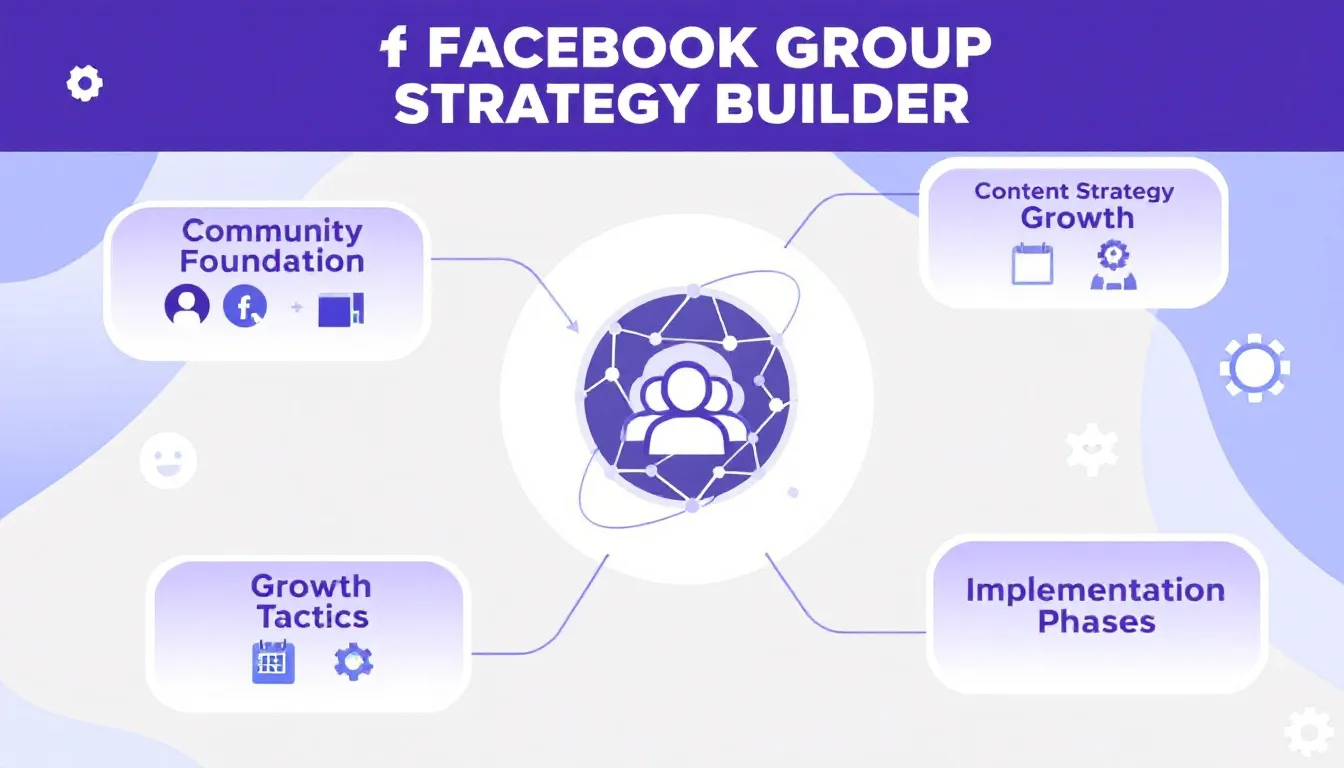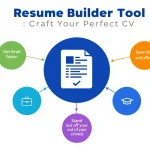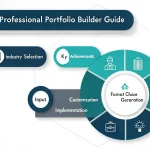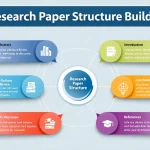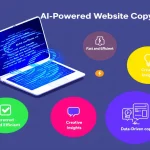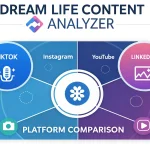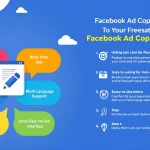Is this tool helpful?
How to Use the Facebook Group Strategy Generator Tool Effectively
To create a comprehensive Facebook Group strategy using our tool, follow these detailed steps:
- Business Name Field: Enter your organization’s name. For example: “Mountain Biking Adventures” or “Vegan Living Collective”
- Target Audience Description: Provide detailed characteristics of your ideal community members. Include demographics, interests, and behaviors
- Shared Interest: Specify the primary topic that will unite your community members
- Group Goals: Define measurable objectives for your Facebook Group
- Content Topics: List potential discussion themes and content categories
Understanding the Facebook Group Strategy Generator
This advanced tool helps businesses and organizations develop structured strategies for building and managing successful Facebook Groups. It combines community management best practices with social media engagement principles to create customized action plans.
Core Components of the Strategy Generator
- Community Demographics Analysis
- Content Planning Framework
- Engagement Strategy Development
- Growth Milestone Planning
- Community Guidelines Formation
Benefits of Using the Facebook Group Strategy Generator
1. Structured Approach
The tool provides a systematic framework for developing your Facebook Group strategy, ensuring no crucial elements are overlooked.
2. Time Efficiency
Instead of spending weeks researching and planning, receive a comprehensive strategy within minutes.
3. Customization
Each strategy is tailored to your specific business needs, target audience, and community goals.
4. Professional Guidance
Access expert-level community management strategies without hiring a consultant.
Problem-Solving Capabilities
Common Challenges Addressed
- Unclear community purpose and direction
- Difficulty in member engagement
- Content planning struggles
- Growth stagnation
- Low member participation
Strategic Solutions Provided
The tool generates solutions for these challenges through:
- Clear community positioning statements
- Engagement trigger recommendations
- Content calendar frameworks
- Growth tactics suggestions
- Community management guidelines
Practical Applications and Examples
Example 1: Professional Development Community
Input:
- Business Name: Career Accelerator Network
- Target Audience: Mid-career professionals aged 30-45 seeking career advancement
- Shared Interest: Professional skill development and networking
- Goals: Build a community of 5,000 active members within one year
Example 2: Hobby-Based Community
Input:
- Business Name: Urban Gardening Collective
- Target Audience: City dwellers interested in sustainable living and home gardening
- Shared Interest: Urban farming and sustainable living
- Goals: Create an engaged community sharing gardening tips and experiences
Implementation Strategy Components
1. Community Foundation
- Group description development
- Rules and guidelines establishment
- Moderator role definition
- Welcome message creation
2. Content Strategy
- Weekly theme planning
- Content category distribution
- Engagement post templates
- User-generated content guidelines
3. Growth Tactics
- Member acquisition strategies
- Engagement optimization techniques
- Community milestone planning
- Cross-promotion opportunities
Frequently Asked Questions
How often should I post in my Facebook Group?
The optimal posting frequency depends on your community size and engagement levels. Start with 3-5 posts per week and adjust based on member response.
What types of content work best in Facebook Groups?
The most engaging content types include discussion questions, polls, member spotlights, expert tips, and celebration posts.
How can I encourage member participation?
Implement regular engagement activities like weekly challenges, member spotlights, and themed discussion days.
Should I have multiple moderators?
Yes, having 2-3 moderators per 1,000 members helps maintain group quality and ensures consistent management.
How can I measure group success?
Track metrics like member growth rate, engagement rates, post frequency, and member satisfaction through polls.
What’s the best way to handle conflict in the group?
Establish clear guidelines from the start and address issues promptly and professionally through private messages.
Can I monetize my Facebook Group?
Yes, once you’ve built an engaged community, you can explore monetization through paid memberships, sponsored content, or related products/services.
Best Practices for Implementation
1. Community Launch Phase
- Soft launch with core members
- Content calendar preparation
- Engagement activity planning
- Welcome sequence development
2. Growth Phase
- Member acquisition campaigns
- Engagement optimization
- Content diversification
- Community feedback collection
3. Sustainability Phase
- Community ambassador program
- Advanced engagement techniques
- Content optimization
- Value proposition enhancement
Important Disclaimer
The calculations, results, and content provided by our tools are not guaranteed to be accurate, complete, or reliable. Users are responsible for verifying and interpreting the results. Our content and tools may contain errors, biases, or inconsistencies. We reserve the right to save inputs and outputs from our tools for the purposes of error debugging, bias identification, and performance improvement. External companies providing AI models used in our tools may also save and process data in accordance with their own policies. By using our tools, you consent to this data collection and processing. We reserve the right to limit the usage of our tools based on current usability factors. By using our tools, you acknowledge that you have read, understood, and agreed to this disclaimer. You accept the inherent risks and limitations associated with the use of our tools and services.
